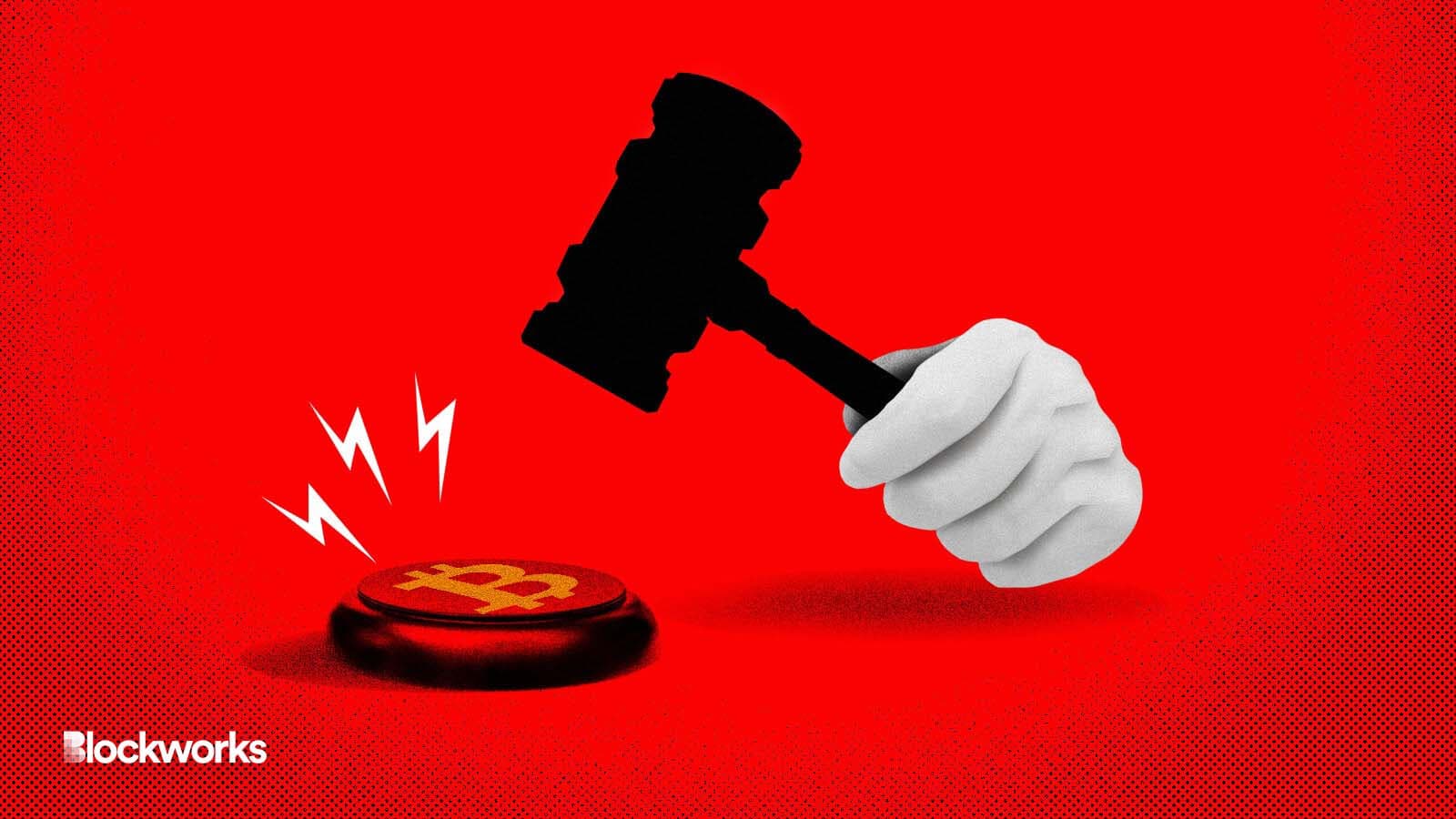Celsius Bankruptcy Judge Orders Return of $50M in User Assets
$50 million is just the beginning — Celsius owes more than $4.7 billion in total

Blockworks exclusive art by Axel Rangel
Chief bankruptcy judge of the Southern District of New York Martin Glenn has ordered failed crypto lender Celsius Network to return cryptocurrency worth $50 million back to its customers.
Glenn delivered the order during a hearing on Wednesday and applies to an estimated $44 million worth of crypto held in custody accounts that belong to Celsius users, and not the company.
Coins involved in transfers under $7,500 from interest bearing accounts to custody accounts were also ordered to be returned, a little over $11 million worth of crypto fell into that group, court papers show.
The $50 million is just the tip of the iceberg, as it is estimated that the fallen crypto lender owes over $4.7 billion to its users.
“I want this case to move forward,” Glenn said in a hearing first reported by Bloomberg. “I want creditors to recover as much as they possibly can as soon as they possibly can.”
The majority of the collapsed lenders assets are cryptoassets in interest bearing accounts, and it is possible that Celsius could claim ownership of those assets based on rules around preferential transfers. The decisions on the future of these assets has yet to be made.
According to previous declaration filings, Celsius had $5.5 billion in liabilities and $4.3 billion in assets — leaving it with at least $1.3 billion in shortfall, though the actual hole may be larger.
Celsius first filed for bankruptcy in July this year after the collapse of Singaporean-based hedge fund Three Arrows Capital, which failed to repay loans twice after the collapse of the Terra ecosystem.
Its bankruptcy proceedings are costing the fallen company a small fortune. Financial advisory firm for debtors Alvarez & Marsal North America asked to be paid $2.3 million — 80% of the total compensation sought — for its services between July 14 and Aug. 31.
Get the news in your inbox. Explore Blockworks newsletters:
- The Breakdown: Decoding crypto and the markets. Daily.
- 0xResearch: Alpha in your inbox. Think like an analyst.






